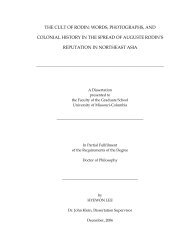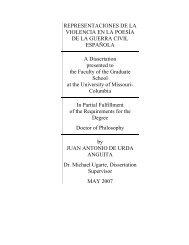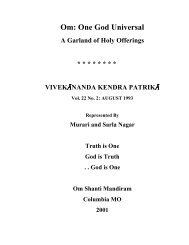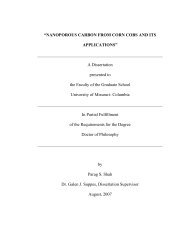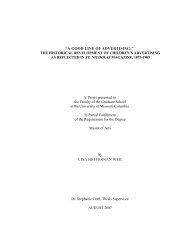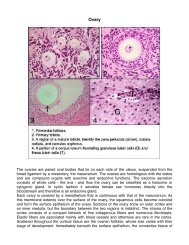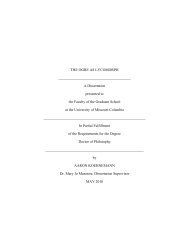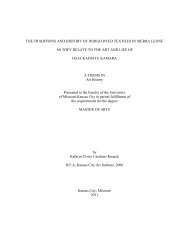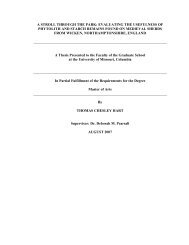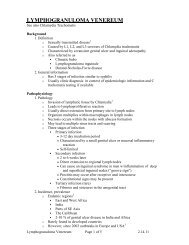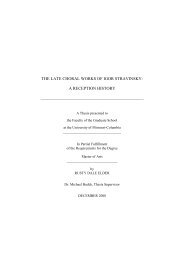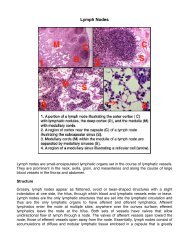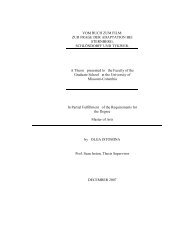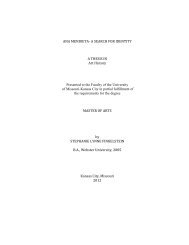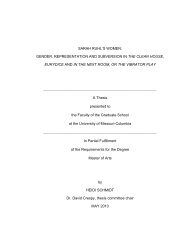Social Construction of Reality - Bad Request
Social Construction of Reality - Bad Request
Social Construction of Reality - Bad Request
Create successful ePaper yourself
Turn your PDF publications into a flip-book with our unique Google optimized e-Paper software.
Again, the interview was tape-recorded, to “ensure everything said [was] preserved for<br />
analysis” (Merriam, 1998, p. 87). A research assistant not affiliated with The School<br />
District then transcribed the tape verbatim. The transcript was returned immediately upon<br />
completion to the interviewee who confirmed its accuracy; in this way, member-checking<br />
was performed.<br />
The second long interview was preceded by a presentation <strong>of</strong> data highlights<br />
collected during the research. An organic reporting tool (Figure 12) was used to guide the<br />
presentation and ensure that important information was shared with the primary intended<br />
user. This step took ninety minutes. The interview was then driven by three questions: (a)<br />
What is your reaction to the data? (b) How do patterns within the data cause you to<br />
confirm or revise your current vision for program evaluation in The School District? (c)<br />
In terms <strong>of</strong> the organizational knowledge creation paradigm you set forth in your 2007<br />
research, what new knowledge do you value most in this data? Why?<br />
This interview yielded several significant concepts. “I think it is my job to pare<br />
out sacred cows and unsuccessful programming” (Interview, May 27). However, the<br />
superintendent was intrigued and slightly troubled by the summarization <strong>of</strong> programming<br />
examples (Appendix I). She furrowed her brow and said, “obviously, we need to make a<br />
list <strong>of</strong> programs and not just those that legislation stipulates we evaluate, whatever those<br />
are, but ones we believe we need to evaluate for our own reasons” (Interview, May 27).<br />
At this point in the interview she expressed the view that The School District is<br />
about “people” not just “stuff.” This point surfaced in response to her thinking regarding<br />
how her views <strong>of</strong> program evaluation have changed as a result <strong>of</strong> this study. She said that<br />
before this, her thinking was very focused upon the logistics <strong>of</strong> the UFE model. She<br />
87



